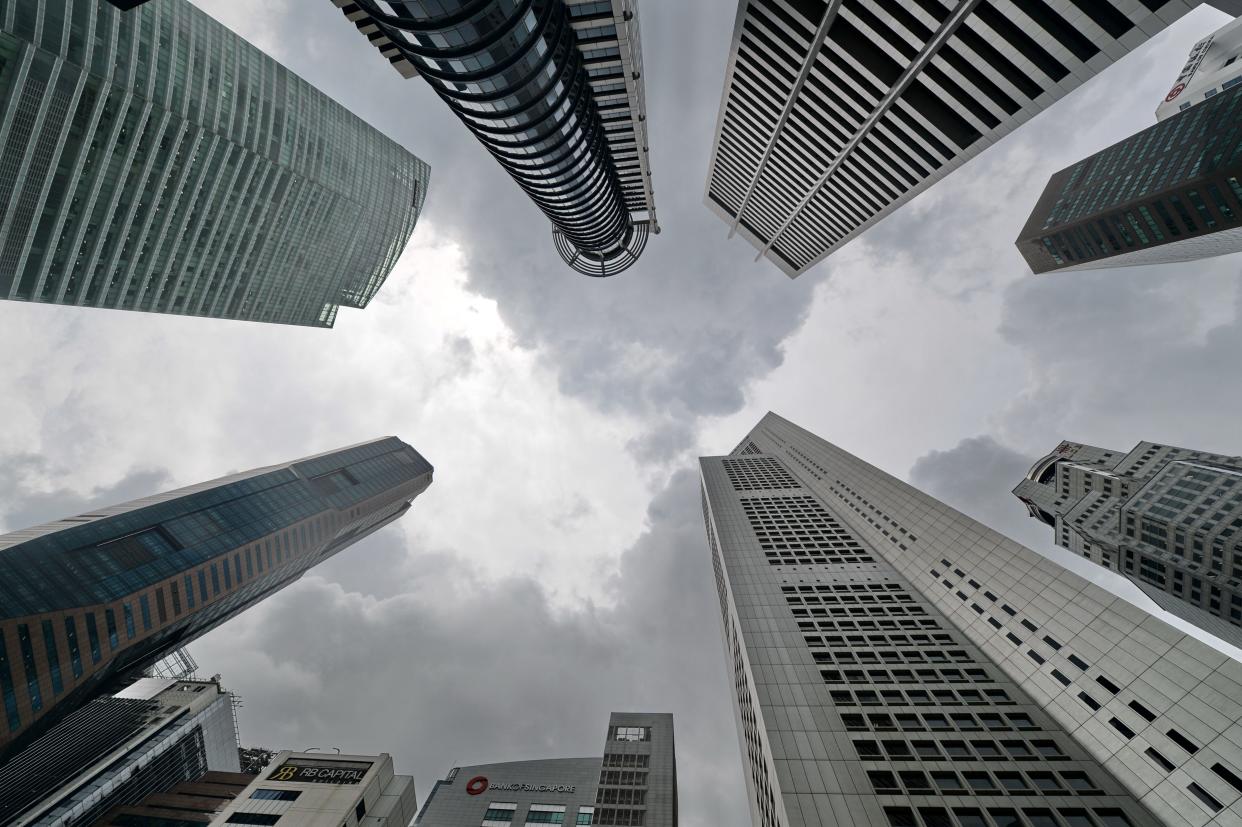NDR 2019: Current economic situation doesn’t warrant immediate stimulus measures - PM Lee

SINGAPORE — The current economic situation faced by Singapore does not warrant immediate stimulus measures, said Prime Minister Lee Hsien Loong on Sunday (18 August).
Speaking in his 2019 National Day Rally Chinese speech, Lee said that Singapore’s economic growth has slowed significantly mainly due to the weakening of global demand and international trade, which has affected the manufacturing sector and trade-related services.
A slump in the electronics sector has impacted Singapore’s overall economic performance, particularly in related sectors such as precision engineering and wholesale trade.
“But if the situation gets much worse, we will promptly respond with appropriate interventions to sustain the livelihoods of our workers. The government and our union leaders are watching trends closely. We are prepared,” Lee said.
Labour chief Ng Chee Meng and Lee recently discussed the economic outlook with labour union leaders. While the union leaders reported that workers are worried, the slowdown has not significantly affected jobs, Lee highlighted.
Last Tuesday, the Ministry of Trade and Industry said Singapore’s economy is expected to grow between 0 per cent and 1 per cent this year, lower than its earlier forecast in May of 1.5 per cent to 2.5 per cent growth.
While the economic environment is challenging, Lee said that Singapore has some important strengths, citing several major investments that it has attracted so far this year. He cited the more than $2 billion investment by the Finnish oil company Neste to expand its renewable energy plant here.
Lee also addressed the adverse impact on the global economy due to the ongoing US-China tensions.
Global supply chains will be disrupted, investments and R&D will be restricted and people to people exchange will be constrained because of the tensions, according to Lee.
For instance, Lee cited the many components inside smartphones, which come from many different countries. Chinese and American companies will have to develop their own microchips, smartphones, and telecommunications systems because of the supply chain disruption.
If US-China relations were to deteriorate further, the world will continue to bifurcate and this will have a negative impact on Singapore.
“Singapore's economic growth will be affected, and our future will be a more troubled one. Singapore companies that export to China will be impacted. So too will our companies that have factories in China and export to the US,” Lee said.
While some may think that companies that decide not to manufacture in China may then come to Singapore, they are more likely to go to countries with a much lower cost base than in Singapore, he added.
Related story


